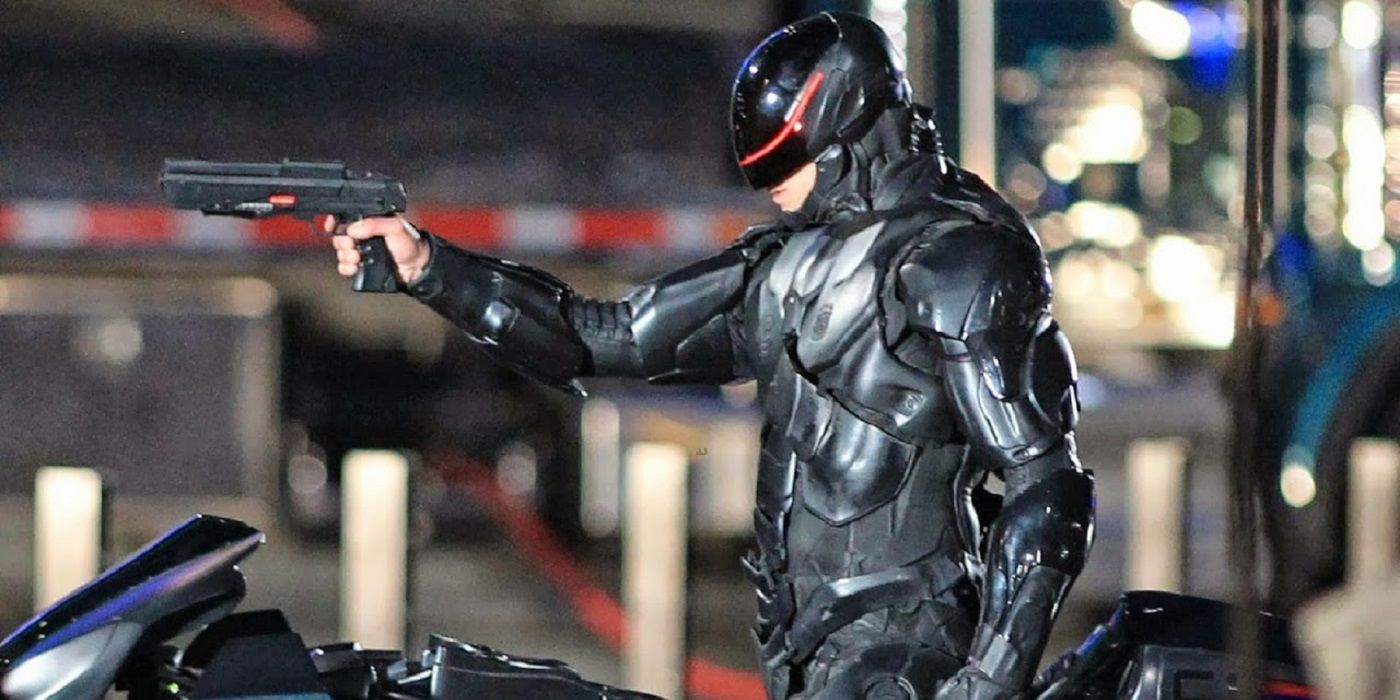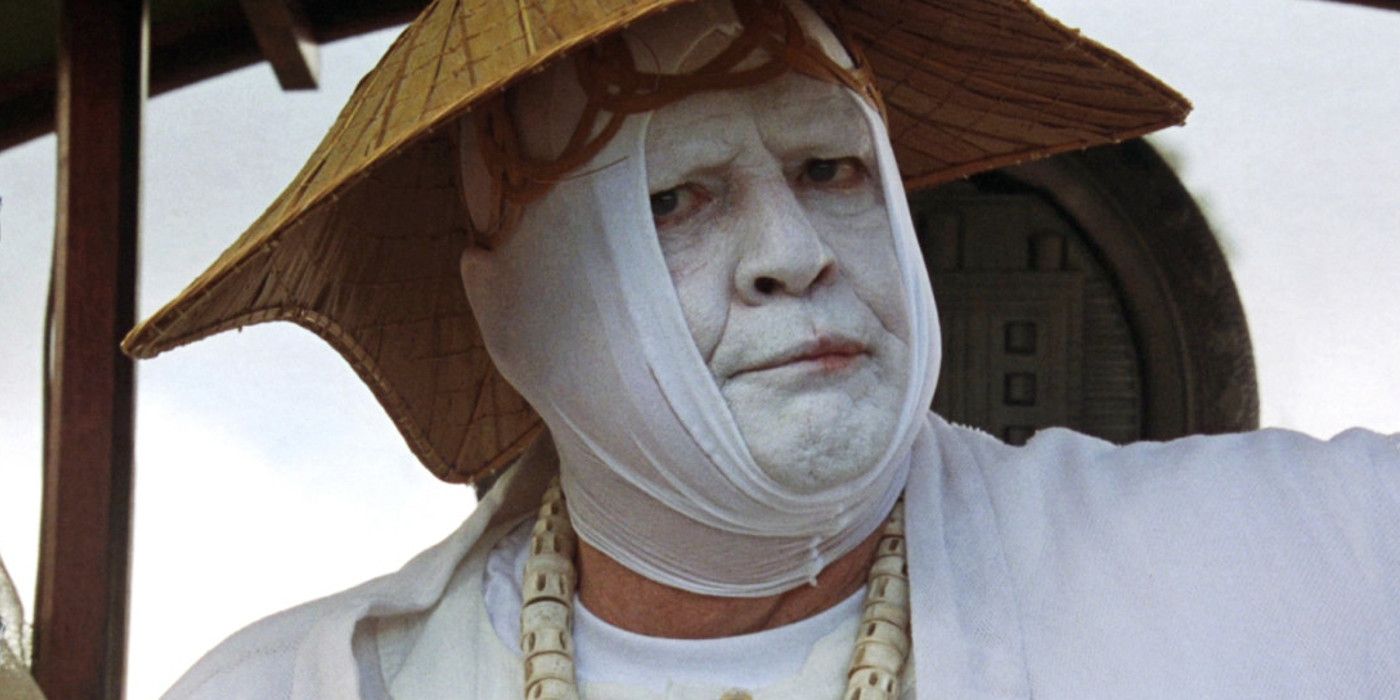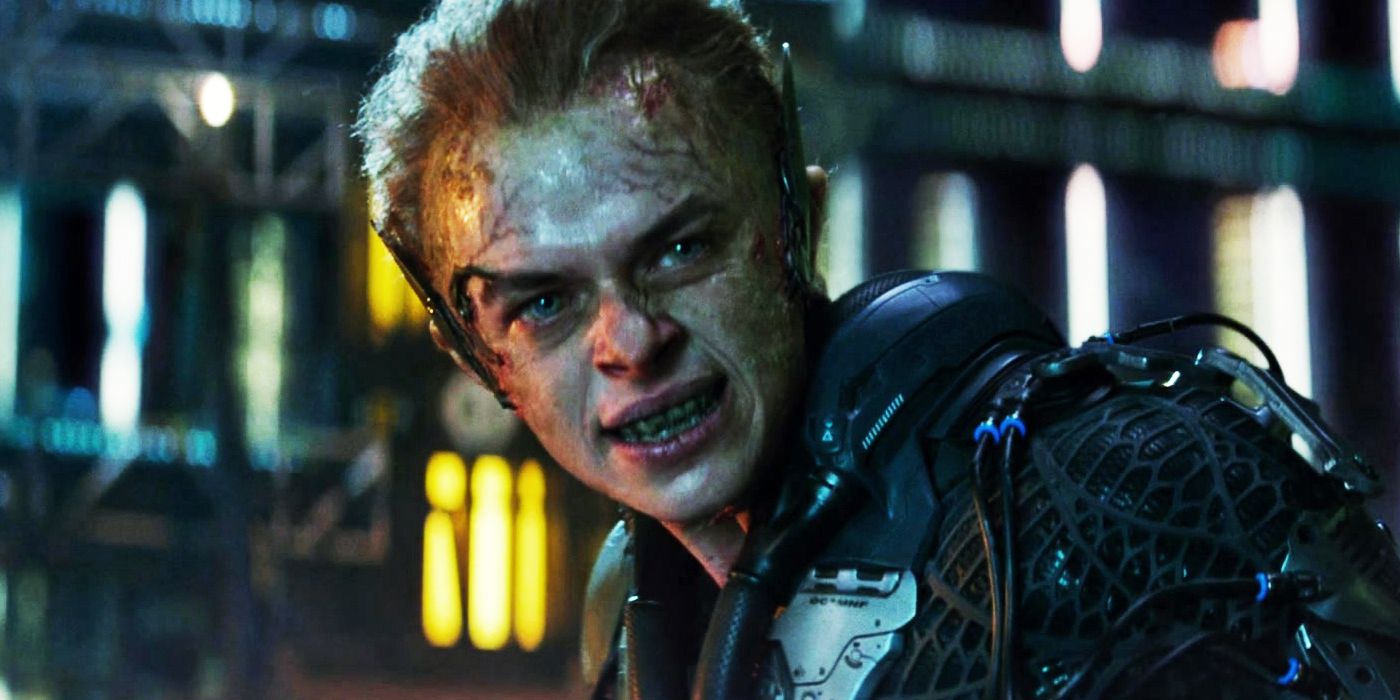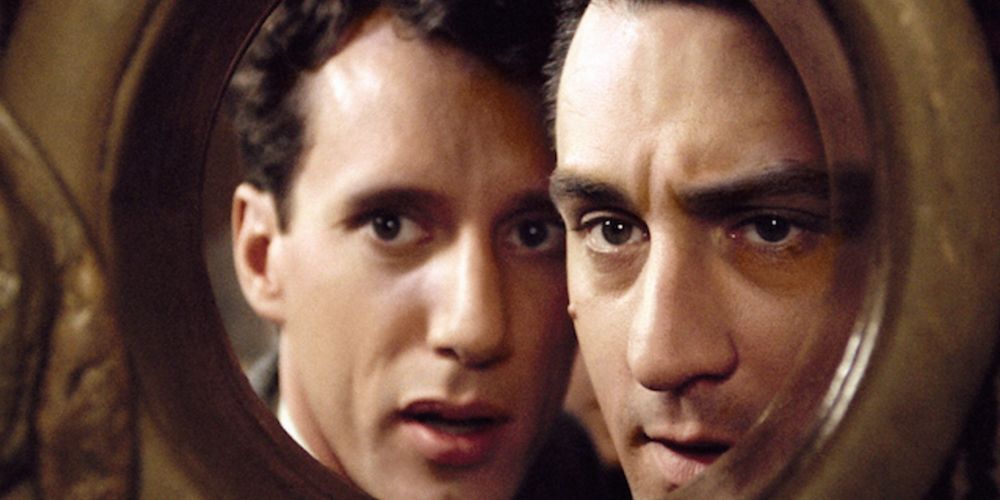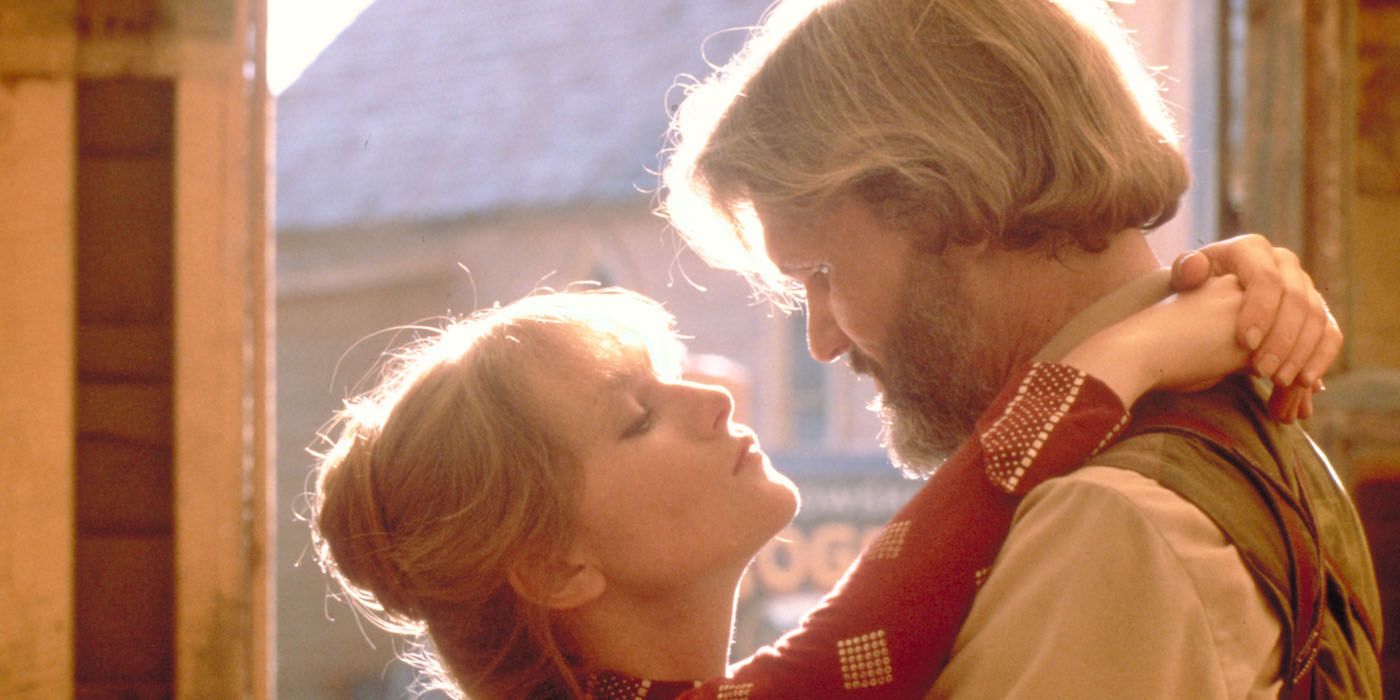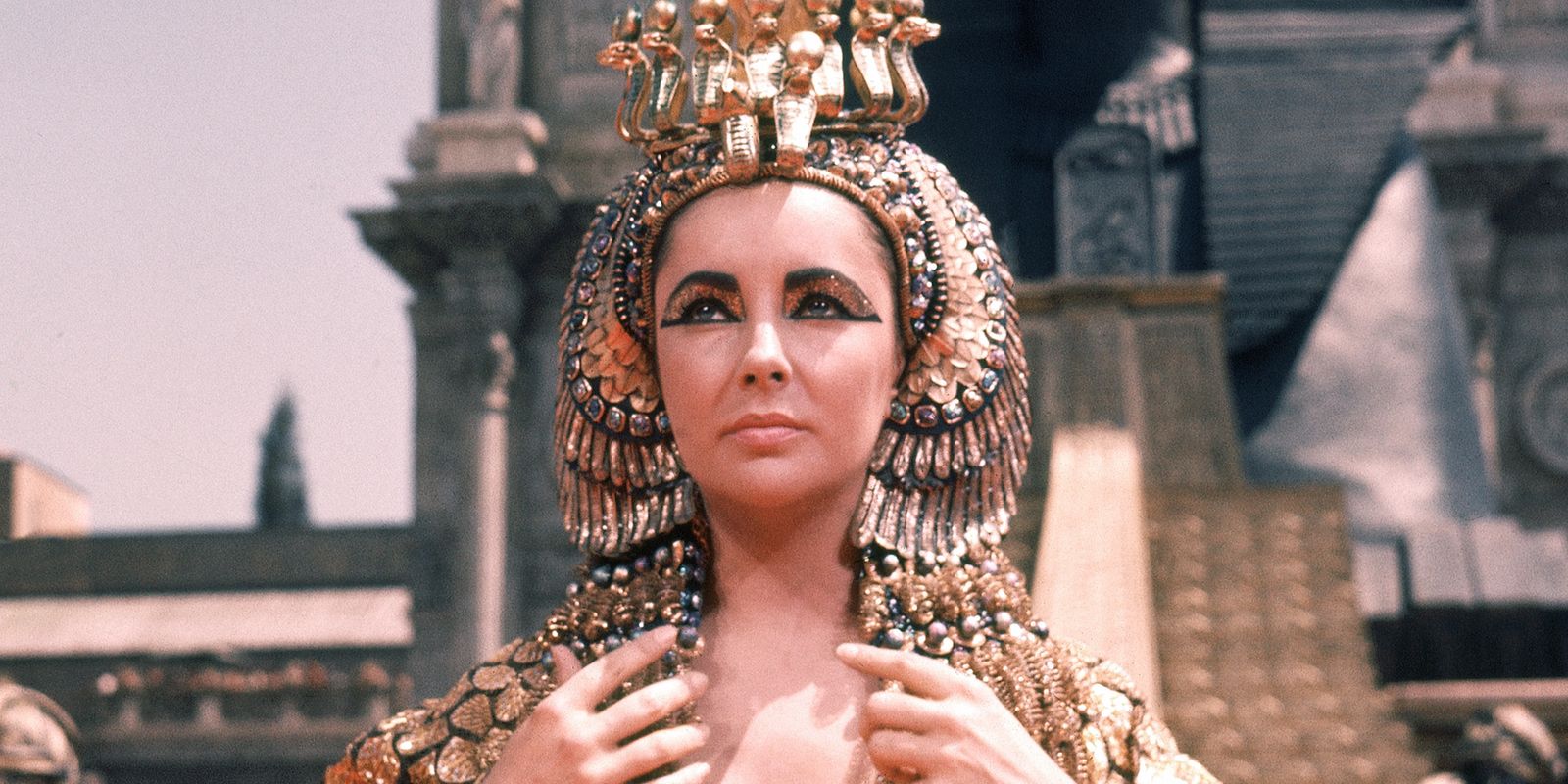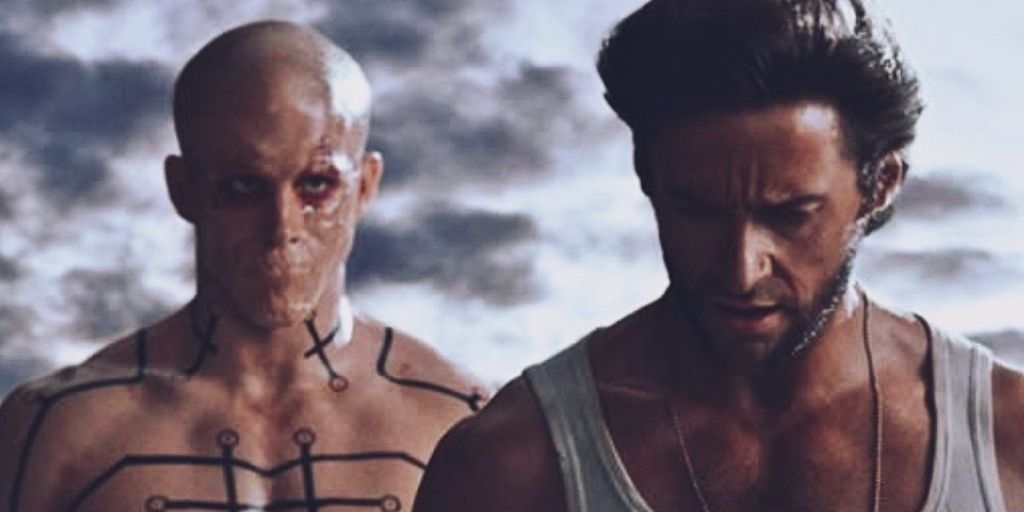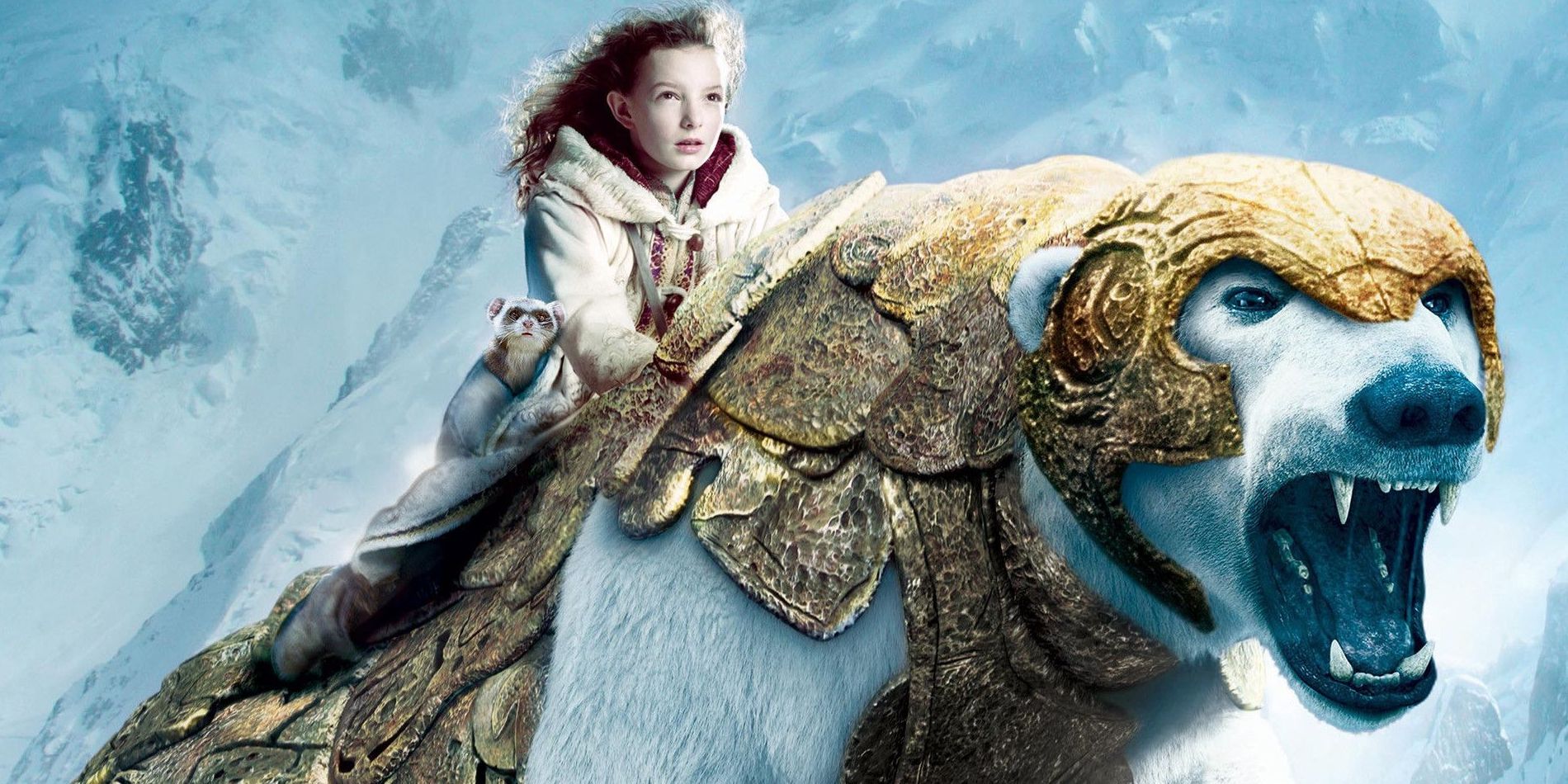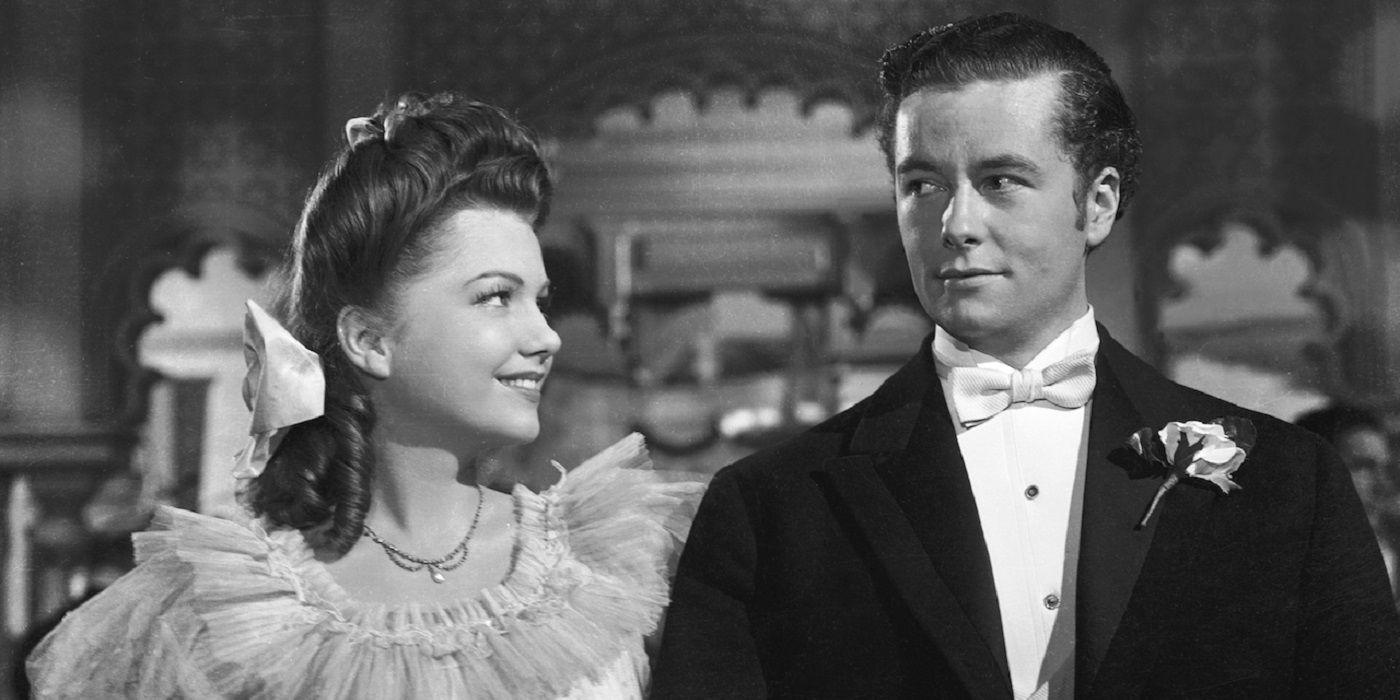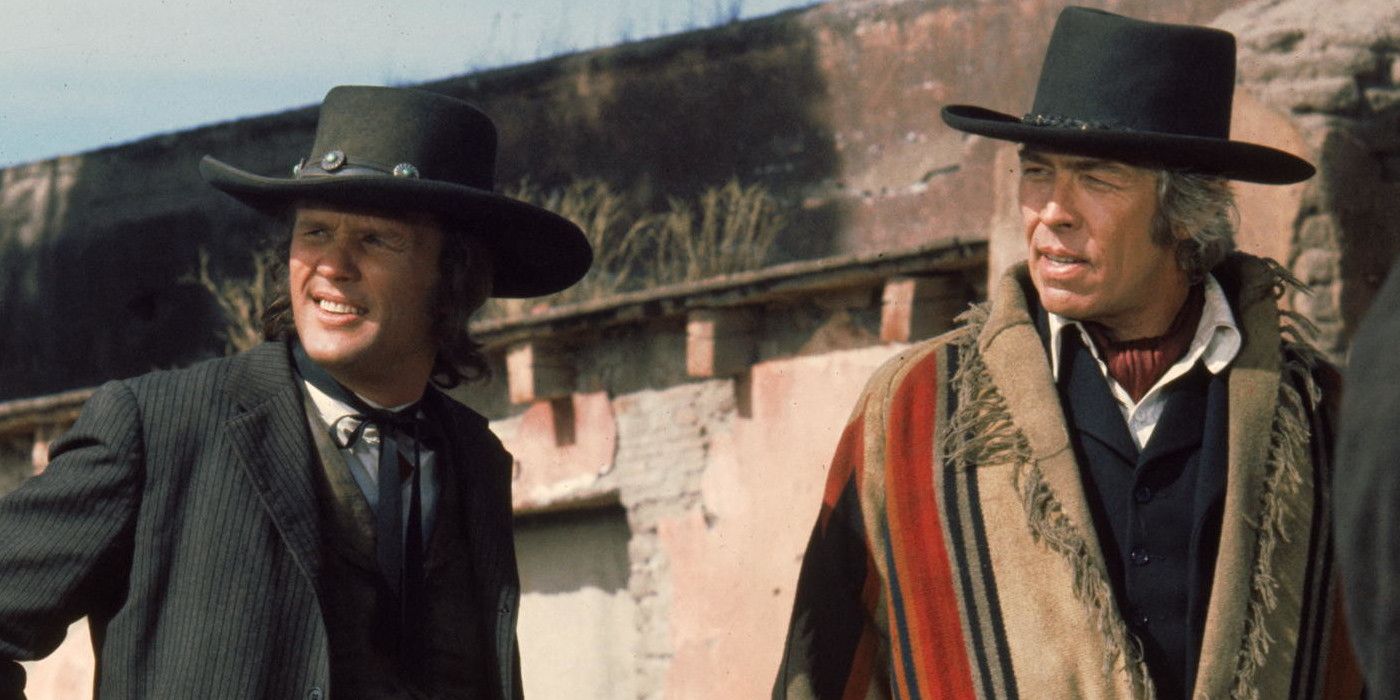Studios and directors don't always see eye to eye. Sometimes the filmmaker has a high enough pedigree to get their way regardless, but in some cases the forces funding and allowing the project to enter production take control away from the creator, drastically altering the final results. A little bit of a leash on a creator isn't always bad, but it usually is a red flag.
The following ten examples are notorious for the studio butting in and changing the director's intended vision. a few of these cases were remedied further down the line with director's cuts, while others never found salvation.
The Island Of Doctor Moreau
Adapting H.G. Wells' classic science fiction novel for the screen was Richard Stanley's dream project. Unfortunately, problems started almost immediately out of gate. Original star Bruce Willis dropped out due to his impending divorce, and Val Kilmer replaced him at the last minute. Kilmer was reportedly unwieldy onset due to his own marital issues. Just several days into filming, Stanley was let go by the studio and replaced by John Frankenheimer.
Stanley hasn't directed another feature film since, but that is about to change with his adaptation of H.P. Lovecraft's Color Out of Space. Early reviews already indicate a more positive reception this time around.
The Amazing Spider-Man 2
Sure, maybe Spider-Man 3 wasn't the best movie of all time, but why reboot a franchise if it is going to be equally mediocre? The first Amazing Spider-Man was okay, but hardly worth throwing away the old timeline. Amazing Spider-Man 2 is universally regarded as the weakest of the web slinger's films and one of the worst super hero movies of the decade.
The overcrowding of villains from Spider-Man 3 returns in full force. After its release, Andrew Garfield pinned many of the poor decisions on the studio. Being a huge fan of the character himself, no one was disappointed with the movie's outcome as much as Garfield.
Once Upon A Time In America
Sergio Leone's original cut of Once Upon A Time In America ran a whopping four hours. After already cutting out half an hour for the European market, American distributors took even larger chunks away from the piece and rearranged the scenes to run chronologically. At barely two hours and twenty minutes, this version was panned.
Why a studio wouldn't trust the director of timeless classics like The Good, The Bad, and the Ugly and Once Upon a Time in the West to craft a compelling epic is beyond our understanding, but some studios wouldn't know good art if it smacked them in the face. Sure enough, a remaster restoring much of the footage released this past decade received a far warmer reception. Sure, four hours is a little long for some, but it's rewarding for patient audiences.
Heaven's Gate
Michael Cimino is a mysterious figure Hollywood figure. Everyone agreed on his talent, but he was notoriously difficult to work with. After the universally praised The Deer Hunter, his next project was the epic western Heaven's Gate. Epic might be an understatement in this regard, however, since his intended cut was five hours long.
The studio eventually forced him to get it to a more digestible two and a half hours. The film has a legacy as one of the most dramatic Hollywood failures, and it's hard to say if giving Cimino more creative control would have done anything to remedy that. However, recent edits have received more praise than the initial run.
RoboCop (2014)
Anybody who watched Jose Padilha's Elite Squad movies would see the appeal in the Brazilian director tackling a RoboCop remake. Unfortunately, the director's experience in Hollywood was none too pleasurable, with the studio rejecting many of his ideas. What's the point in bringing such a unique creative force on board if no one will listen to him?
The movie came out to a lackluster reception and was immediately forgotten. Padilha's reputation has recouped since then, however, thanks to his work on the Netflix series Narcos.
Cleopatra
Despite being the highest grossing film of 1963 and garnering more academy award nominations than one can shake a stick at, Cleopatra is often viewed in hindsight as a mediocre film. It was also so expensive that the studio lost money on its investment. A
fter a six hour long first run and a four hour edit for the premiere, the studio made the director bring it down to three hours. This resulted in a barely cohesive story missing vital plot points. As one of the last epics from the golden age of Hollywood, it would have been nice if the era had a better sendoff.
X-Men Origins: Wolverine
Where to start with this one? Firstly, the studio opted to severely downplay the character's PTSD for want of making a more jolly superhero film, because they apparently never read a synopsis of the character.
Secondly, they made Deadpool a silent antagonist and forced Ryan Reynolds to play him lest another actor take the role of his dreams. The result was lambasted by critics and fans alike. At the end of the day, though, it was all worth it to get a solid joke at the end of Deadpool 2.
The Golden Compass
His Dark Materials contains several themes critical of religion. While Chris Weltz was all game for a faithful adaptation of Philip Pullman's novel, the studio was not as enthusiastic about potentially stirring up controversy and alienating a whole demographic. As such, some of the perceived anti-religious themes were toned down.
Even so, the Catholic League encouraged boycotting the product on the grounds that it may lead kids to read the books. The very nature of the work was bound to upset some people, so they may as well have gone all the way.
The Magnificent Ambersons
After Citizen Kane's lackluster box office returns, Orson Welles lost full creative control of his next project, The Magnificent Ambersons. Because of this, an over two hour movie was reduced to just barely ninety-minutes. To rub salt in the wounds, the cut footage was destroyed and is forever lost.
Welles' notes denote a shockingly tragic ending even by today's standards. Despite the changes, the film still lost money at the box office, though did receive a warm reception critically.
Pat Garret And Billy The Kid
By all accounts, Sam Pekinpah was as destructive and chaotic as most of his movies, though this same personality fueled some of the best films of the '60s and '70s like The Wild Bunch and Straw Dogs. His ambitious visions for films were often met with resistance by studio heads, and his alcoholism and hot temper didn't help matters.
After wrapping a troubled production for Pat Garret and Billy the Kid and finishing a 2 hour long edit, MGM took the film from him and slashed another twenty minutes. Only more than a decade later did a director's cut see the light of day and salvage the movie's reputation.

